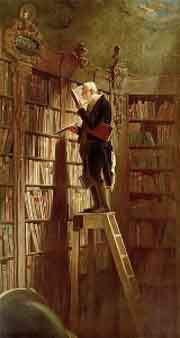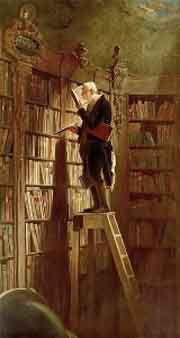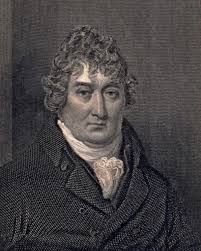
Rene Martin Pillet
Views of England
Humanity to Animals
「1815」Rene Martin Pillet, “Humanity to Animals,” in Views of England, During a Residence of Ten Years, Six of Them as a Prisoner of War [Google Books] (1815; Boston, 1818).
For twelve years in succession, Lord Erskine presented at every of the House of Lords, a motion entitled Humanity to Animals. Its object was not the establishment of infirmaries or places for the reception of aged, sick or worn out domestic animals; its chief aim was to mitigate the treatment of brute animals, by sentencing those cruel beings to fines and penalties, who daily mutilate, maim, and deliberately, and for the sole pleasure of doing mischief, beat or starve to death poor animals, which render them important services, and against which they have no just complaint.
To induce the house of Lords to pass the bill which he solicits so unsuccessfully, and with such generous perseverance, Lord Erskine never fails to recapitulate the deliberate cruelties he has witnessed, or of which he has incontestible evidence. This picture is dreadful. I have seen several of the eloquent speeches delivered by Lord Erskine upon this subject, and if I could have preserved them I would here make some extracts which would convince the mind of every reader, that the English are a people essential cruel, cruel by nature as the tiger, that they must have blood, and blood is their delight.
The substance of all Lord Erskine’s speeches is this; that by inducing men to be less cruel towards the brute creation, their disposition towards each other would be softened, and probably the number of crimes which are the terror and disgrace of Great Britain, will diminish in proportion to the humanity exercised towards animals.
I an mention an instance which I do not recollect to have read in the speeches of Lord Erskine, but I have seen what I am going to write, yet I can scarcely believe it.
I was once speaking of the goodness of the butchers’ meat in England, although this meat is never any thing but the flesh of cows; A French navy officer assured me that the English butchers had a peculiar way of making their meat tender, and he would show it to me. On Thursday, he conducted me to the slaughter house of a butcher; the boy was furnished with a large knife with which he hamstrung two cows; he then cut off their teats and gave them several stabs in different parts of the body, taking care that they were not mortal; at last he left them in this state, to be killed the next day when they should be in a high state of fever.
I have shown the barbarity of the English, I will now show their impartiality. A Mr. Brydone has written a Voyage to Sicily and Malta, in the form of letters, in two volumes. In his twentieth letter he gives an account of an entertainment made on his account by a bishop, at which the first characters amongst the clergy of the cathedral assisted. It was an orgie, says Mr. Brydone; all the clergy were completely intoxicated. The fare was delicate, and amongst other dishes, some fat liver was severed up. Mr. Brydone describes the manner in which fat livers are procured, and had a dissertation on humanity towards animals, in the style of Lord Erskine; and he felicitates his countrymen, the English, on their not having palates so delicate as the Sicilian and French.
It is sufficient to place the practice of the English butchers by the side of Mr. Brydone’s eulogiums on British humanity. The whole of his twentieth letter is written to accomplish two important objects, of which an Englishman never loses sight; the first, to asperse the character of a foreign nation, by censuring the Sicilians, and the second to bring contempt upon the Roman clergy. All the relations of English travellers are made in this spirit, but it must be confessed that Mr. Brydone has not been happy in the selection of subjects for reproach. (164-6)



